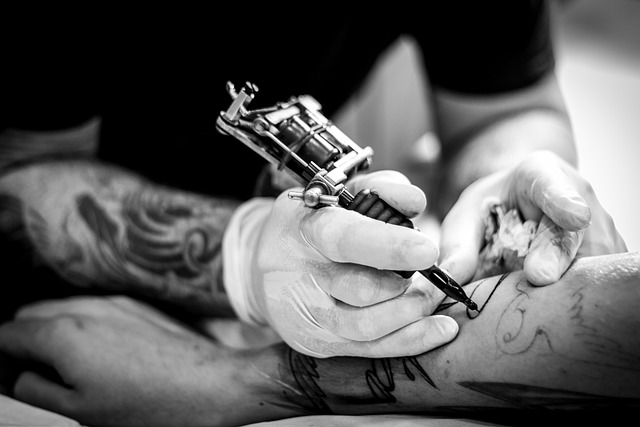Tattoos, once perceived solely as expressions of personal style and creativity, have become increasingly popular over the years. Beyond their aesthetic appeal, tattoos have been the subject of numerous discussions regarding their impact on one's health. In this article, we will delve into the health-related aspects of tattoos, including the potential risks and precautions associated with this form of body art.
Tattooing Process and Safety
The process of getting a tattoo involves the injection of ink pigments into the dermal layer of the skin using needles. While tattoo parlors are poorly regulated to maintain hygiene and safety standards in Nigeria, there are important considerations to keep in mind:
- Sterilization: Tattoo equipment, including needles and ink, should be sterile to prevent infections. Reputable tattoo artists always use fresh, disposable needles and wear gloves during the tattooing process.
- Allergic Reactions: Some individuals may be allergic to specific ink pigments. It's essential to inform your tattoo artist of any known allergies or sensitivities before getting inked.
- Infection Risk: After getting a tattoo, it's crucial to follow proper aftercare instructions. Inadequate care can lead to infections. Cleaning the tattoo with mild soap and water and applying an antibacterial ointment as advised by the artist can help prevent complications.
- Bloodborne Diseases: There is a minimal risk of contracting bloodborne diseases, such as HIV or Hepatitis, if proper sterilization procedures are not followed. Ensure that the tattoo parlor adheres to strict hygiene and sanitation protocols.
Long-Term Health Considerations
While getting a tattoo is generally safe when done by a professional in a reputable establishment, it's important to recognize potential long-term health considerations:
- Fading and Aging: Tattoos may fade and blur over time due to exposure to sunlight, aging, and the natural regeneration of skin cells. Regular sunscreen application can help preserve the vibrancy of your tattoos.
- Tattoo Removal: Removing a tattoo can be a costly and sometimes painful process. Methods like laser removal can leave behind scarring or skin discoloration.
- Psychological Impact: Tattoos are permanent, and individuals should carefully consider the design and placement to avoid regret. Some people may experience tattoo regret, which can have psychological and emotional implications.
- Skin Health: In rare cases, tattoos can lead to skin conditions, such as granulomas or keloids, especially if the skin doesn't react well to the ink.
Conclusion
Tattoos are a form of self-expression and art that continue to grow in popularity. While the risks associated with tattoos are generally low, it's crucial to prioritize safety by choosing a reputable tattoo artist and following proper aftercare procedures. Additionally, individuals should carefully consider the long-term implications of getting a tattoo and weigh the potential impact on their overall health and well-being. Ultimately, a well-informed decision can lead to a successful and satisfying tattoo experience.
